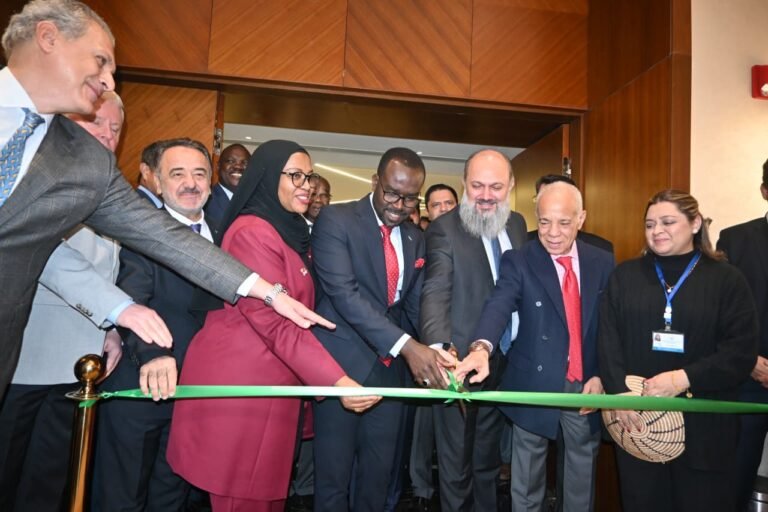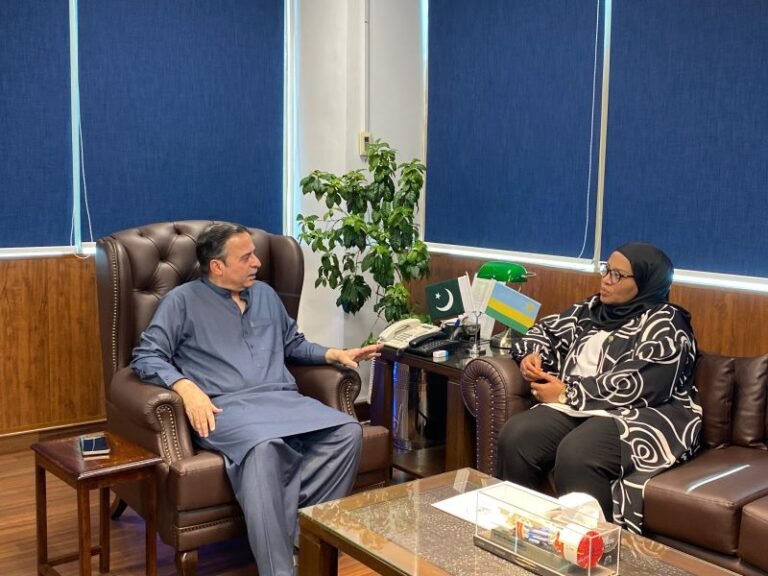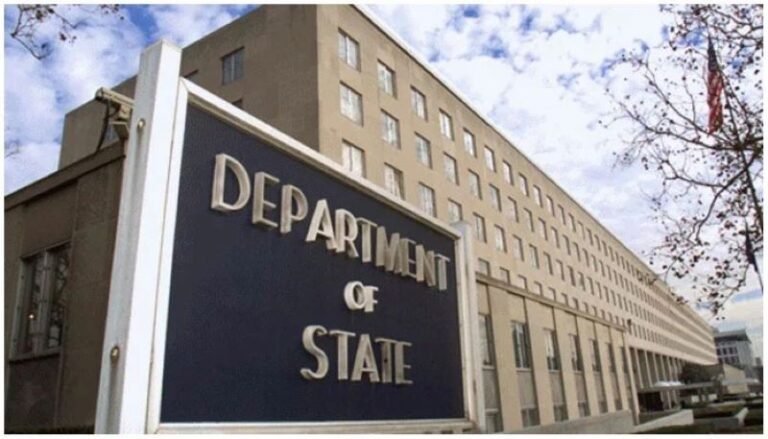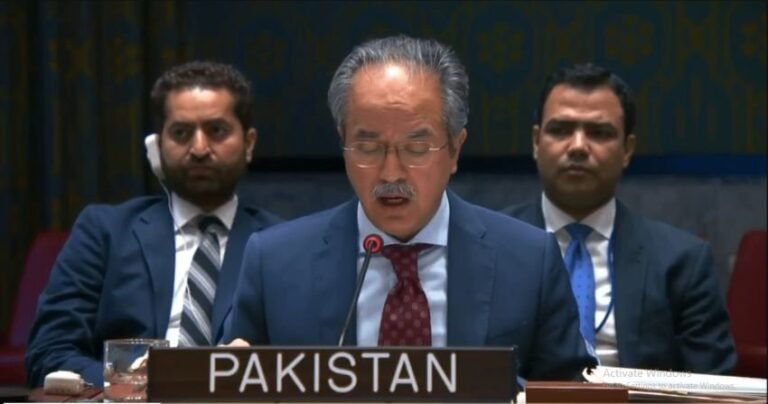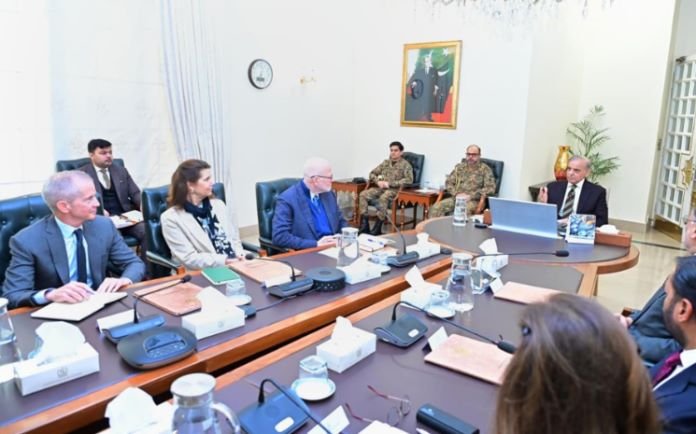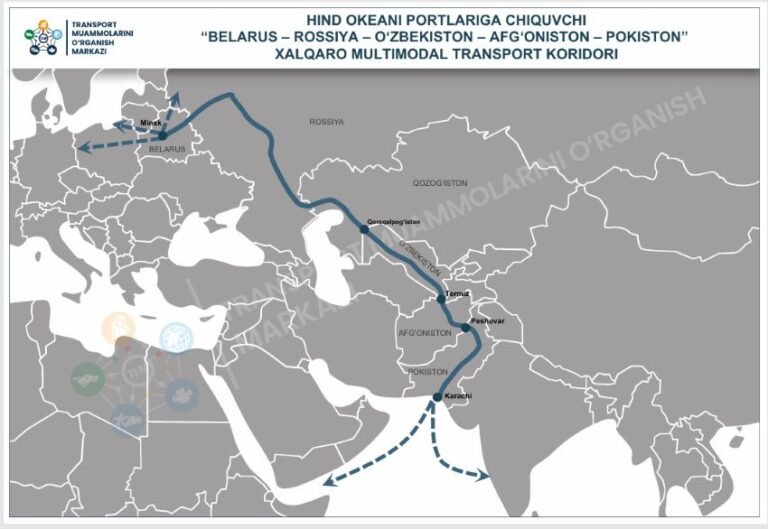ISLAMABAD, (TDI): The Federal cabinet, chaired by Prime Minister Shehbaz Sharif, has approved the Hajj Policy 2025 and the appointment of new members to the Public Private Partnership Authority.
The cabinet reviewed not only the Hajj Policy 2025 but also current legislation and the ongoing economic and political situation and agreements aimed at enhancing national infrastructure and governance.
Hajj Policy 2025: Installment Plan for Pilgrims
One of the major decisions taken in today’s meeting was the approval of the Hajj Policy for 2025, following recommendations made by the Ministry of Religious Affairs and Interfaith Harmony.
The policy introduces several important changes aimed at improving the overall experience for Pakistani pilgrims and ensuring transparency in the process.
According to the new policy, children under the age of 12 will not be allowed to travel for Hajj this year. The government has set the stage for a computerized balloting system for the distribution of Hajj quotas.
The government’s quota will be divided in a 50:50 ratio, with a special provision of 1,000 seats reserved for those facing extreme hardships.
Moreover, 300 seats have been earmarked for laborers and low-income employees, who can register through the Workers’ Welfare Fund or the Employees’ Old Age Benefit Institute.
In a bid to enhance the comfort and convenience of Pakistani pilgrims, the “Road to Makkah” facility will be available at the Islamabad and Karachi international airports, a significant step in streamlining the travel process.
Furthermore, Hajj group organizers will be required to sign service provider agreements with the Ministry of Religious Affairs, ensuring better oversight of service delivery.
Also Read: PM Shehbaz to Attend Middle East Summit in Saudi Arabia
A new position of Nazeem, or supervisor, has been introduced to oversee the provision of quality services to pilgrims. The Ministry will also appoint one moderator for every 100 pilgrims, with these moderators selected from welfare staff.
To further ensure the safety and well-being of the pilgrims, the government has announced an increase in compensation for those who are injured or die during the Hajj pilgrimage.
Families of deceased pilgrims will receive compensation ranging from Rs 10 lakh to Rs 20 lakh, while injured pilgrims will be compensated with Rs 10 lakh.
In a move to promote fairness, the Federal Cabinet has also directed that priority be given to individuals traveling for Hajj for the first time in the balloting process.
A specially developed Hajj management application will also facilitate the pilgrims, and special training programs will be organized for Hajj staff to improve their service delivery.
Key Appointments
The Cabinet also approved the appointment of new members to the Public Private Partnership Authority. On the recommendation of the Ministry of Planning, the Cabinet approved the appointment of Saeed Iqbal, Moazzam Ahmed, Madiha Khalid, Usman Haider, and Muhammad Sajjad Farooqui as private members of the Board.
This move is aimed at further enhancing the efficacy and functioning of the authority, which plays a key role in the development of public-private infrastructure projects.
Major Financial and Trade Approvals
The Federal Cabinet also gave the green light to an important financial matter, approving the transition of the Foreign Commercial Financing Facility from the London Interbank Offered Rate (LIBOR) to the Secured Overnight Financing Rate (SOFR).
This decision, made on the recommendation of the Ministry of Finance and Revenue, aligns Pakistan’s financial structures with global best practices, particularly in the wake of the phasing out of LIBOR.
Also Read: Pakistan’s President calls for strengthening ties with KSA
Moreover, the Cabinet approved the Jammu and Kashmir State Property Budget for the fiscal year 2024-25, a vital step towards addressing ongoing administrative needs and maintaining the region’s financial stability. The budget was recommended by the Ministry of Kashmir Affairs and Gilgit-Baltistan.
Strengthening Maritime Governance
The Federal Cabinet also took significant steps in the maritime sector, approving an important agreement between the Directorate General of Ports and Shipping, Karachi and the Maritime Classification Society.
This agreement will focus on the certification and classification of ships, enhancing Pakistan’s maritime operations and safety standards.



